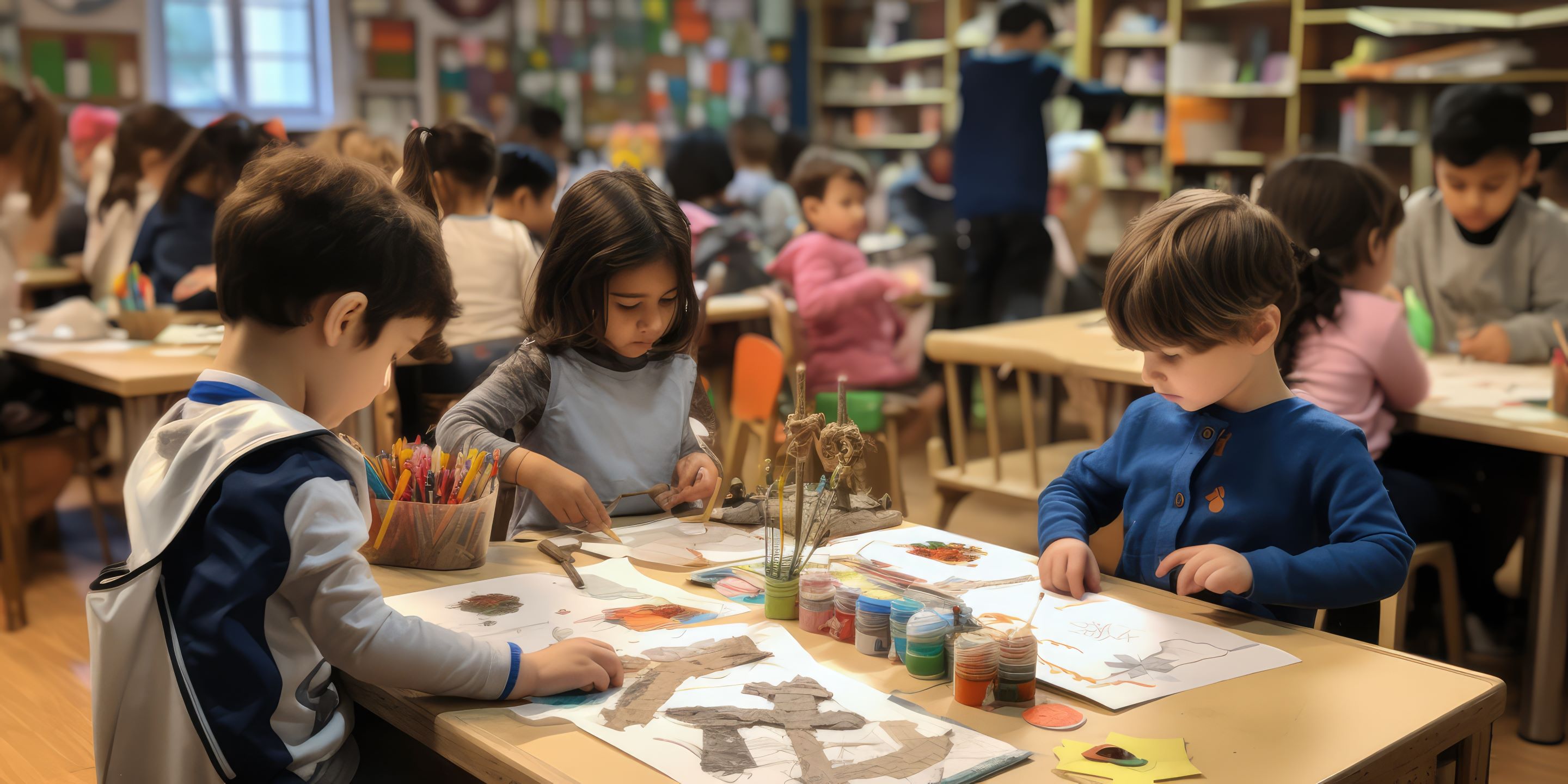In today’s rapidly evolving educational landscape, there’s a growing recognition of early childhood education’s vital role in shaping a child’s future. Educators who specialize in child development are the architects of young minds. They lay the foundation for a lifetime of learning, social interaction, and personal growth. As more parents and policymakers understand the importance of early education, the demand for qualified professionals in this field is on the rise.
This article delves into key factors in child development education programs that you must learn when pursuing your teaching career.
The Importance of Early Childhood Education
Early childhood education is widely acknowledged as one of the most critical phases of a child’s development. Children’s brains are incredibly malleable during the first few years of life, absorbing information and forming neural connections rapidly. Children’s experiences and education during this time can also influence their cognitive, emotional, and social development.
Furthermore, educators specializing in child development are trained to recognize and respond to the needs of young children. They can create learning environments that stimulate curiosity, encourage exploration, and promote social interaction. Through carefully designed curricula, these educators can help children develop foundational literacy, numeracy, and problem-solving skills, setting the stage for future academic success.
Therefore, if you’re interested in significantly impacting young lives, pursuing an early childhood education degree would be an excellent start. This degree can equip you with the knowledge and skills necessary to foster a supportive and enriching environment for children during their formative years.
Key Components of Child Development Education Programs
Child development education programs cover various topics essential for understanding and nurturing young minds. Below are some key components of these programs:
Developmental Psychology
Understanding children’s psychological development is a cornerstone of child development education. Courses in developmental psychology explore the cognitive, emotional, and social stages of growth from infancy through early childhood. These classes can provide insights into how children think, feel, and interact with the world around them. This enables you to tailor your teaching strategies to meet the needs of individual students.
Teaching Methodologies
Effective teaching in early childhood requires a deep understanding of various pedagogical approaches. Education programs emphasize diverse teaching methodologies that cater to different learning styles and developmental stages. From play-based learning to more structured instructional techniques, you can learn how to create engaging and developmentally appropriate lessons that foster a love of learning.
Curriculum Design
Designing a curriculum for young children is both an art and a science. As an educator, you must balance the need for structure with the flexibility to adapt to your student’s interests and developmental levels.
Also, courses in curriculum design can teach you how to create lesson plans that are educational, engaging and enjoyable for young learners. These courses also cover integrating various subjects, such as literacy, math, science, and the arts, into a cohesive learning experience.
Practical Experience 
Hands-on experience is a critical component of any child development education program. Through internships or student teaching opportunities, aspiring educators like you can gain real-world experience working with children in educational settings. This practical experience allows you to apply the theories and techniques learned in your coursework, develop your teaching style, and gain confidence in your classroom management.
The Role of Family and Community in Child Development
In addition to understanding child psychology and effective teaching strategies, educators in child development programs learn about the crucial role of family and community in a child’s development. Children don’t exist in a vacuum; their growth and learning are profoundly influenced by their home environment and the broader community.
Additionally, child development education programs emphasize the importance of building strong partnerships with families and engaging with the community. As an educator, you’re trained to communicate effectively with parents, involve them in their children’s education, and support them in fostering a positive home learning environment.
The Impact of Early Childhood Education on Long-Term Outcomes
It’s believed that high-quality early childhood education has a lasting impact on children’s academic, social, and emotional development. Children who receive a strong foundation in their early years are more likely to succeed in school, graduate from high school, and pursue higher education. They’re also more likely to develop strong social skills, exhibit emotional resilience, and lead fulfilling lives.
On the other hand, educators who pursue a career in child development play a pivotal role in achieving these positive outcomes. By creating nurturing and stimulating learning environments, you can help children develop the skills and confidence needed to navigate life’s challenges.
Conclusion
Pursuing a career in child development is a noble and impactful endeavor. Educators in this field are shaping the future by nurturing the minds and hearts of the next generation. By keeping the information mentioned above in mind, you can gain the knowledge, skills, and experience needed to excel in this important field.

